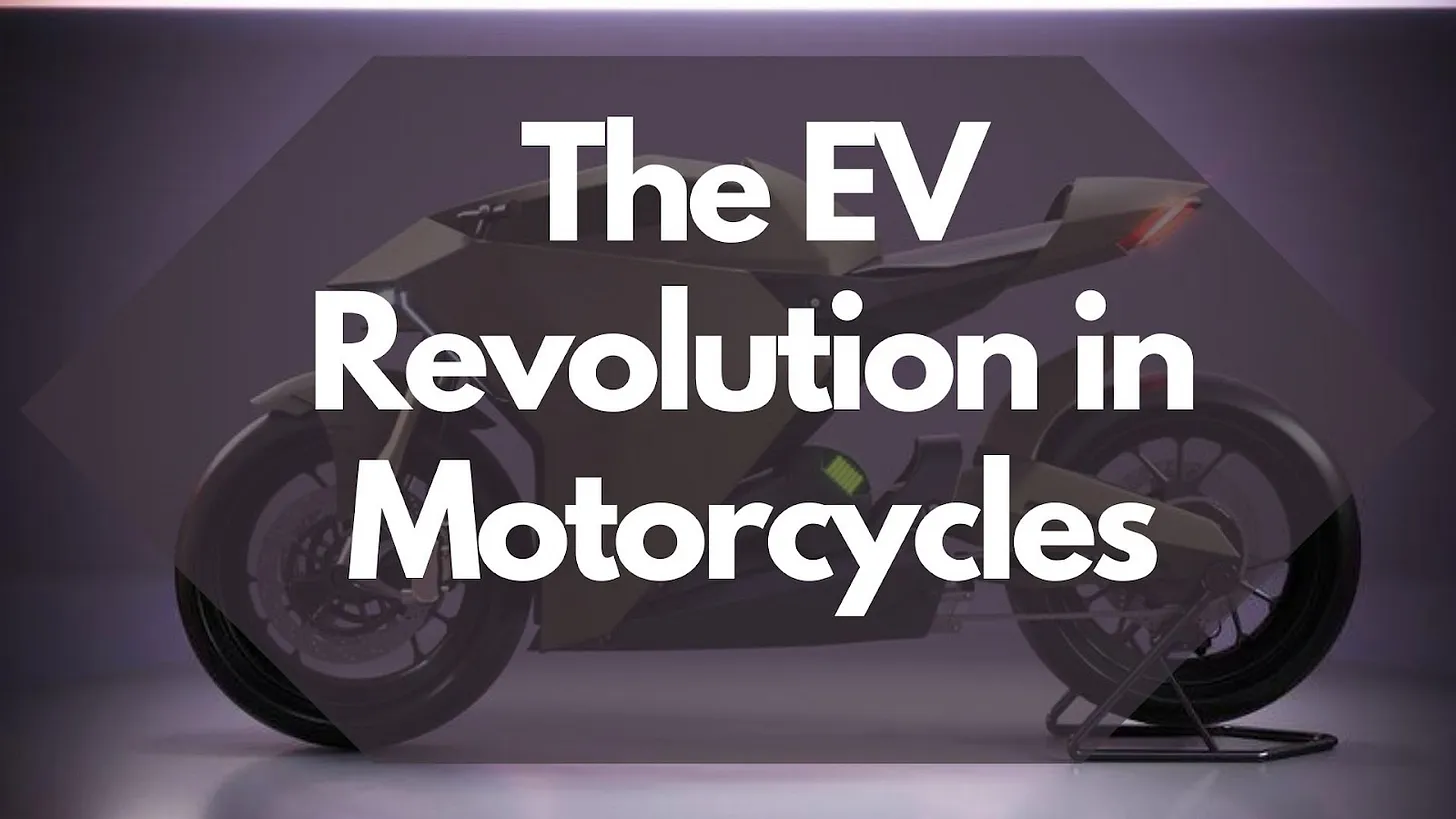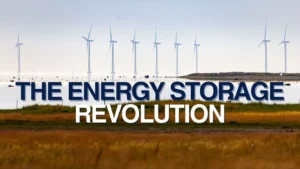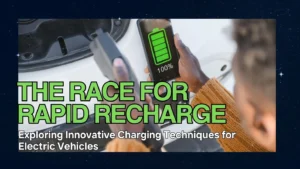In the dynamic landscape of India’s two-wheeler market, where the electric scooter revolution has been stealing the spotlight, the presence of motorcycles, which constitute over 65% of the annual two-wheeler market in India, has been overlooked.
We are at the cusp of an exciting era of electrification in the #motorcycle segment that presents breakout investment opportunities in the Indian market. At Ostara Advisors, we have been excited about this space for a while and see some interesting players emerging in this segment. This month, we take a look at the trends in the Indian Motorcycle industry, from an electrification perspective.
Sizing up the Indian 2W Market:
The Indian 2W market comprises motorcycles, scooters, and mopeds, with motorcycles accounting for ~65% of the 2W market. The Indian 2W market was valued at $16B in 2022 and is projected to reach $26.64B by 2028, growing at a CAGR of 9.88% over this period.
Source: TechSci Research
Two-wheeler Categories

E-Scooters vs E-Motorcycles: A Quick Explainer
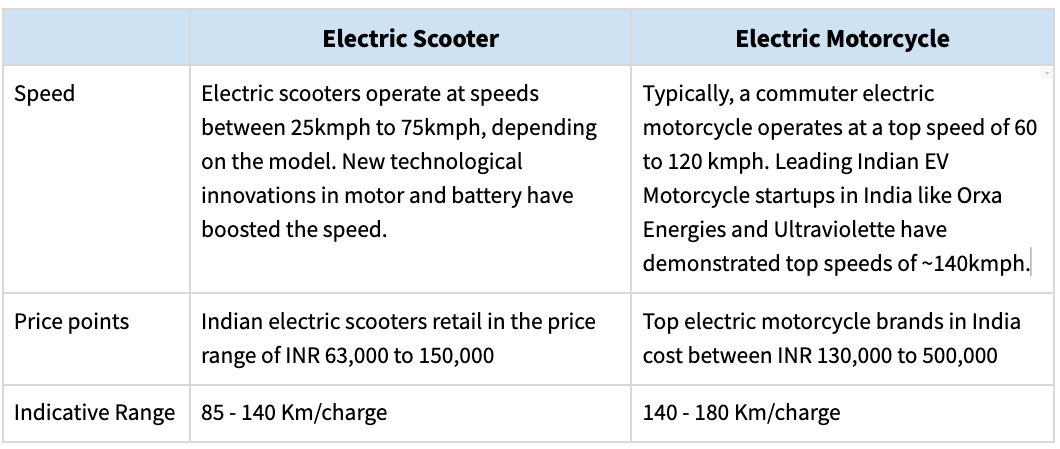
Source: EV News
FAME II Eligibility:
Currently, India’s FAME II Scheme allows for a demand incentive of 15% of the ex-factory vehicle price or Rs 10,000 per kWh of battery pack, whichever is lower. For electric two-wheelers, a maximum ex-factory price cap of Rs. 150K is prescribed to avail of the subsidy. This means that an electric motorcycle designed for performance and range will be outside the subsidy net and a subsidy-agnostic business model can be built in this space.
What makes Electric Motorcycles so special?
While ICE motorcycles are increasingly getting more advanced in terms of performance, at given price points and specs, EV powertrains offer a whole range of opportunities to make the machine significantly more advanced in terms of connectivity and software-defined architecture.
Superior Technology:
- Instant Torque: EMs provide instant and consistent torque, whereas ICEMs need to rev up to reach peak torque, leading to a different riding experience.
- Thermal Management: EMs may have advanced thermal management systems to maintain optimal operating temperatures for the battery and motor, enhancing performance and longevity.
E-Motorcycles (EMs) are Software-defined vehicles:
- Motor Control: EMs require sophisticated motor controllers to regulate the power delivery to the electric motor. Software controls the torque, throttle response, and energy recuperation.
- Battery Management: EMs feature advanced Battery Management Systems (BMS) to monitor and balance the cells in the battery pack. The BMS is critical in determining the performance and safety of the vehicle and is one of the toughest aspects to engineer.
- Connectivity: EMs often have integrated connectivity features to provide real-time data on battery status, range, and performance. Some models allow over-the-air software updates.
Edge Computing:
- Motor Control: EMs may employ real-time edge computing for instant adjustments to motor output based on rider input and road conditions, enhancing performance and safety. EMs utilise Torque and RPM sensors to measure motor RPM and torque output. This data is crucial for optimising power delivery and efficiency.
- Predictive Maintenance: Edge computing can enable predictive maintenance, analysing sensor data to identify potential issues before they become critical. Some EMs offer cloud-connected features for remote diagnostics, firmware updates, and even rider-specific settings.
Ride-by-Wire Technology:
- Electric Throttle: EMs can use ride-by-wire technology to control the throttle electronically, allowing for precise power delivery based on rider input.
- Regenerative Braking: Ride-by-wire technology can be employed to adjust regenerative braking levels, optimising energy recapture in which it converts kinetic energy back into electrical energy, increasing overall efficiency and range.
Low Maintenance:
Electric scooters and motorcycles need very little maintenance. With only a battery, a motor, and a controller to keep you moving, electric motorcycles are a breeze to maintain compared to a conventional motorcycle, what with all the lubricating and adjusting and tuning that needs to be done. You basically just worry about consumables: brake pads, tires, a brake fluid flush. Electric scooters and motorcycles equipped with regenerative braking typically have longer brake pad life because a significant portion of braking duty can be performed with the electric motor instead of the mechanical friction brakes.
Low Operating Cost:
At between one and two cents per mile (depending on electric rates), electric machines enjoy an enormous fuel cost advantage. Three months and 2,800 km (1,700 mi) of commuting on an electric motorcycle cost less than $30 for electricity; on a BMW ICE bike a single trip of 650 km (400 mi) cost nearly the same.
Recent Partnerships in the Indian Motorcycle segment
Accelerating growth in the premium 2W segment has seen Indian 2W majors partner with global players. Recent developments in the Motorcycle segment are summarised below. These partnerships are expected to tap into the growing demand for premium motorcycles in India and challenge Royal Enfield’s dominance in this segment.
- TVS Motor Company and Ultraviolette Automotive : TVS Motors, one of the largest motorcycle brands in India, has invested in Indian electric motorcycle startup Ultraviolette Automotive.
- Hero MotoCorp and Ather Energy : Hero MotoCorp, the world’s largest manufacturer of motorcycles and scooters, has been a significant investor in Indian EV Scooter startup, Ather Energy,. Hero MotoCorp is working towards building the entire EV ecosystem through investments and partnerships with external partners.
- Royal Enfield’s Electric Division: Royal Enfield is working on two electric motorcycle platforms: one in-house and one in collaboration with Spanish startup Stark Motorcycle. The final product is expected to be ready for market launch by 2024. The new electric Royal Enfields will be built at the company’s Chennai plant and move to a new plant in Cheyyar by 2025, stated the Company.
- Matter and Airtel for Aera electric motorcycles: Indian EV startup, Matter Motor Works and Bharti Airtel have partnered to deploy Airtel’s IoT solutions in Matter Aera electric motorcycles. Airtel will enable automotive grade E-Sims on 60,000 bikes, providing a connected experience on Airtel’s pan-India network.
- Hero MotoCorp and Zero alliance : Zero Motorcycles is partnering with Hero Motocorp to enter India, aiming to establish itself in the Indian market. Hero has made a $60 million equity investment in Zero and plans to launch and manufacture Zero’s two-wheeler portfolio in India. The partnership combines Zero’s expertise in power trains and electric motorcycles with Hero’s manufacturing and marketing capabilities.
- Bharat forge investment in Tork: Bharat Forge invested up to Rs 30 Crores in an EV startup with Tork Motorcycles, a renowned Indian e-bike manufacturer with expertise in 2 wheeler powertrains since 2009. Tork’s in-house team will provide Bharat Forge with access to personal e-mobility technologies.
ICE Motorcycles are set to see some new launches as well:
Bajaj Motors and Triumph motorcycles: Bajaj Auto officially handles distribution in India for Triumph Motorcycles Ltd. By 2025, it intends to open Triumph dealerships with the Triumph emblem in more than 120 cities.
Harley Davidson and Hero MotoCorp : Harley-Davidson is partnering with Hero MotoCorp to offer locally-produced premium bikes in India. The deal aims to develop and sell a range of premium motorcycles, starting with the X440, under the Harley-Davidson brand in India, with Hero MotoCorp responsible for service and parts requirements.
Top electric motorcycles/Scooters brands in India
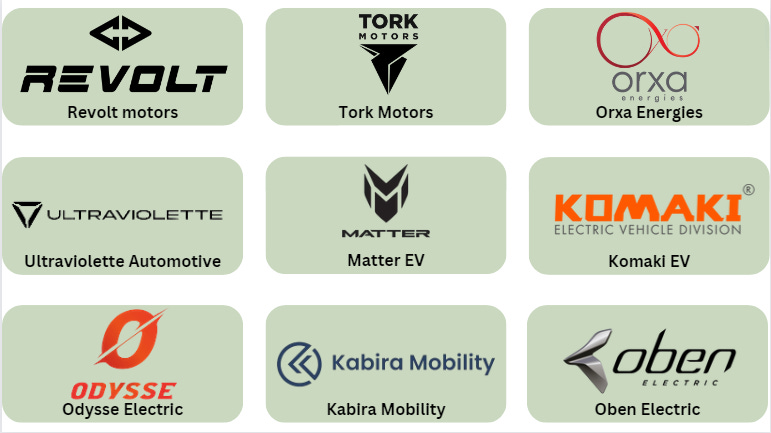
Source: Bike Dekho
Deals and developments
- August 2023: Ola Electric’s 4 new concepts unveiled:Launch by end-2024
- July 2023: TVS Motor collaborates with the Indian Army for an All-Women Motorcycle Rally to honor Kargil Vijay Diwas.
- July 2023: Three major motorcycle manufacturers are preparing to compete against Royal Enfield: Hero-Harley, Bajaj-Triumph, and Honda
Do write in to us with topics in Climate-tech, Mobility, and New Energy that you’d like us to cover in future editions.

